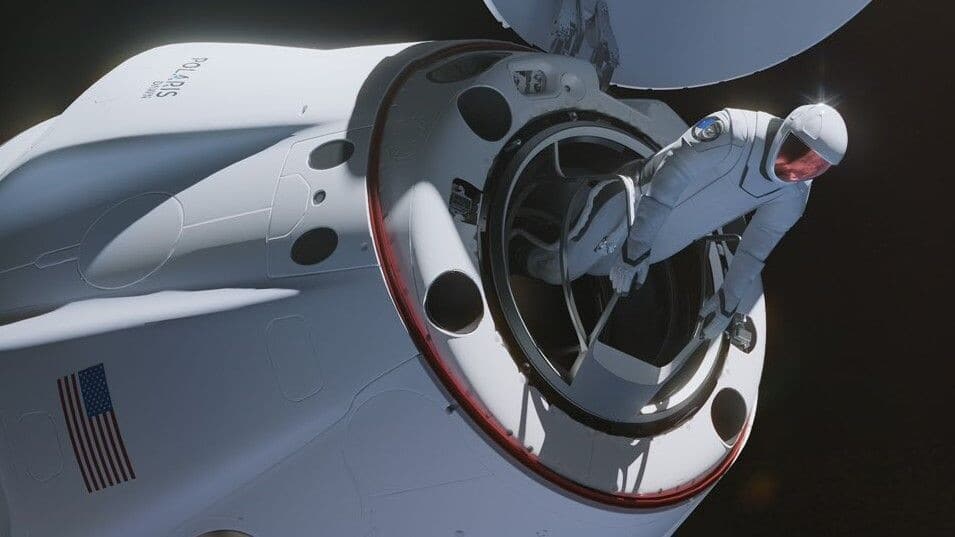
SpaceX's Polaris Dawn mission delayed until mid-August, Crew-9 takes precedence
What's the story
SpaceX has postponed its groundbreaking Polaris Dawn mission until mid-to-late August. The news was shared during a press conference on July 26, primarily centered around the company's forthcoming Crew-9 astronaut mission to the International Space Station (ISS) for NASA. "There's a lot going on on ISS right now," stated Sarah Walker, SpaceX's Director of Dragon mission management. SpaceX recently unveiled an Extravehicular Activity (EVA) spacesuit for the first-ever commercial astronaut spacewalk.
Mission prioritization
Prioritizing the Crew-9 mission
Walker further explained the decision to prioritize the Crew-9 mission over Polaris Dawn. "We opted to fly the Crew-9 mission as our next [astronaut] mission and are ready to fly Polaris Dawn in late summer, as soon as we fulfill those obligations," she said. She clarified that "late summer" refers specifically to August. The Crew-9 mission is currently scheduled for no earlier than August 18.
Challenges
A series of delays and high ambitions
The delay marks another setback for the ambitious Polaris Dawn mission, which was initially slated to fly in late 2022. The mission, part of the Polaris Program funded and commanded by billionaire entrepreneur Jared Isaacman, has been postponed multiple times due to its complex nature. Isaacman previously led SpaceX's groundbreaking Inspiration4 mission in September 2021. The crew for Polaris Dawn includes Isaacman, pilot Scott "Kidd" Poteet, and mission specialists Sarah Gillis and Anna Menon.
Reason
Polaris Dawn: A historic private spacewalk mission
Unlike the Inspiration4 mission, which orbited Earth without docking with the ISS, Polaris Dawn will go higher and feature at least one spacewalk. This marks the first-ever private extravehicular activity. The announcement of the delay comes two weeks after a Falcon 9 rocket mishap resulted in the loss of 20 Starlink internet satellites. The failure was traced to a liquid oxygen leak due to a crack in a line for a pressure sensor in the upper stage's liquid-oxygen system.